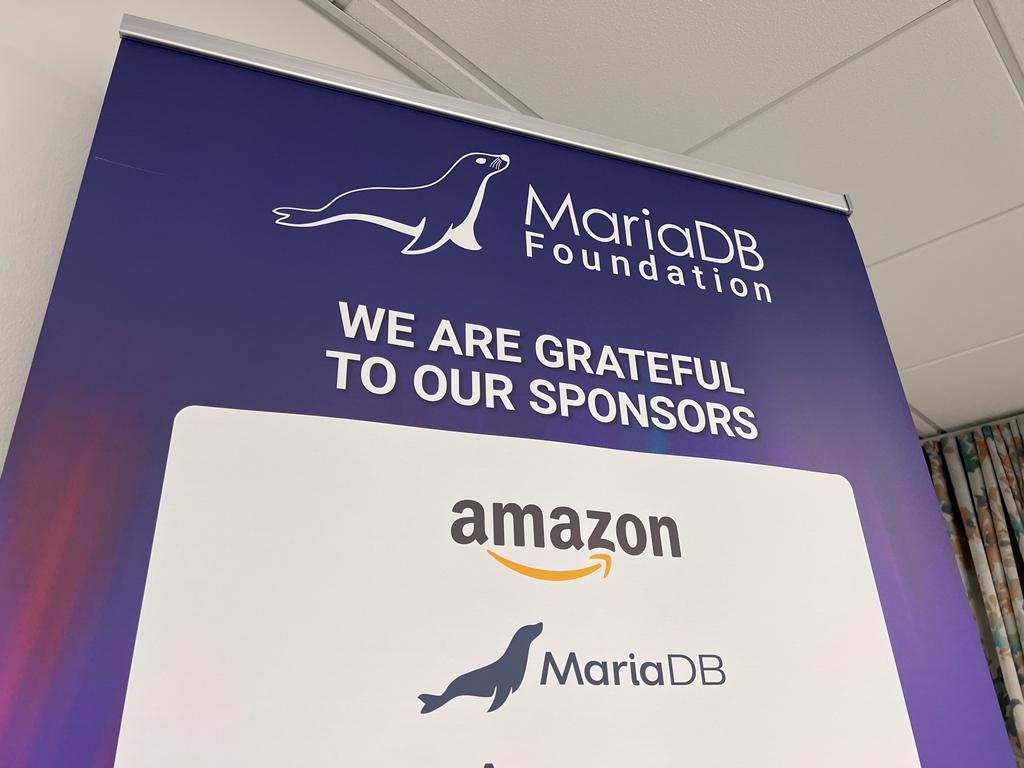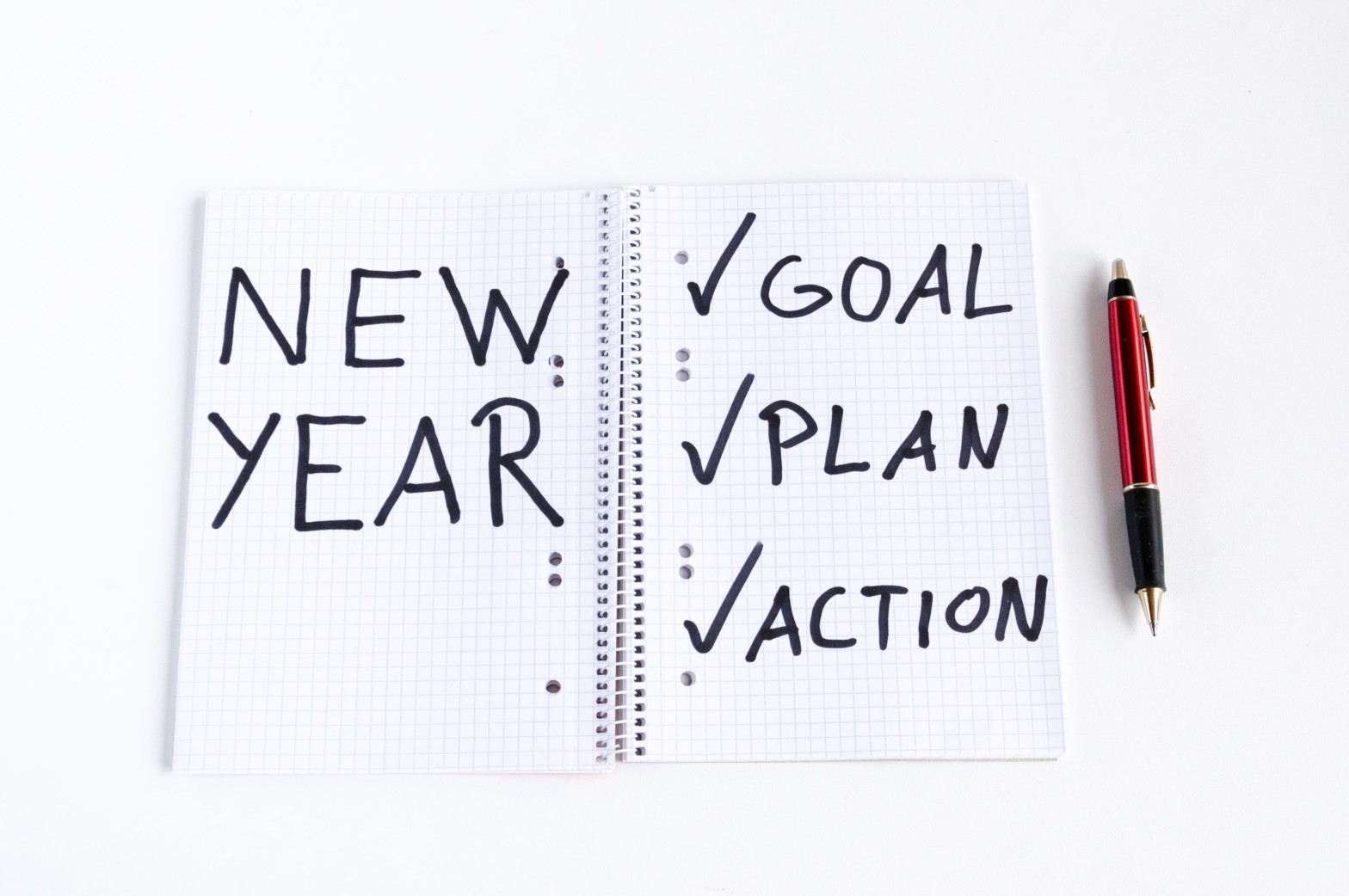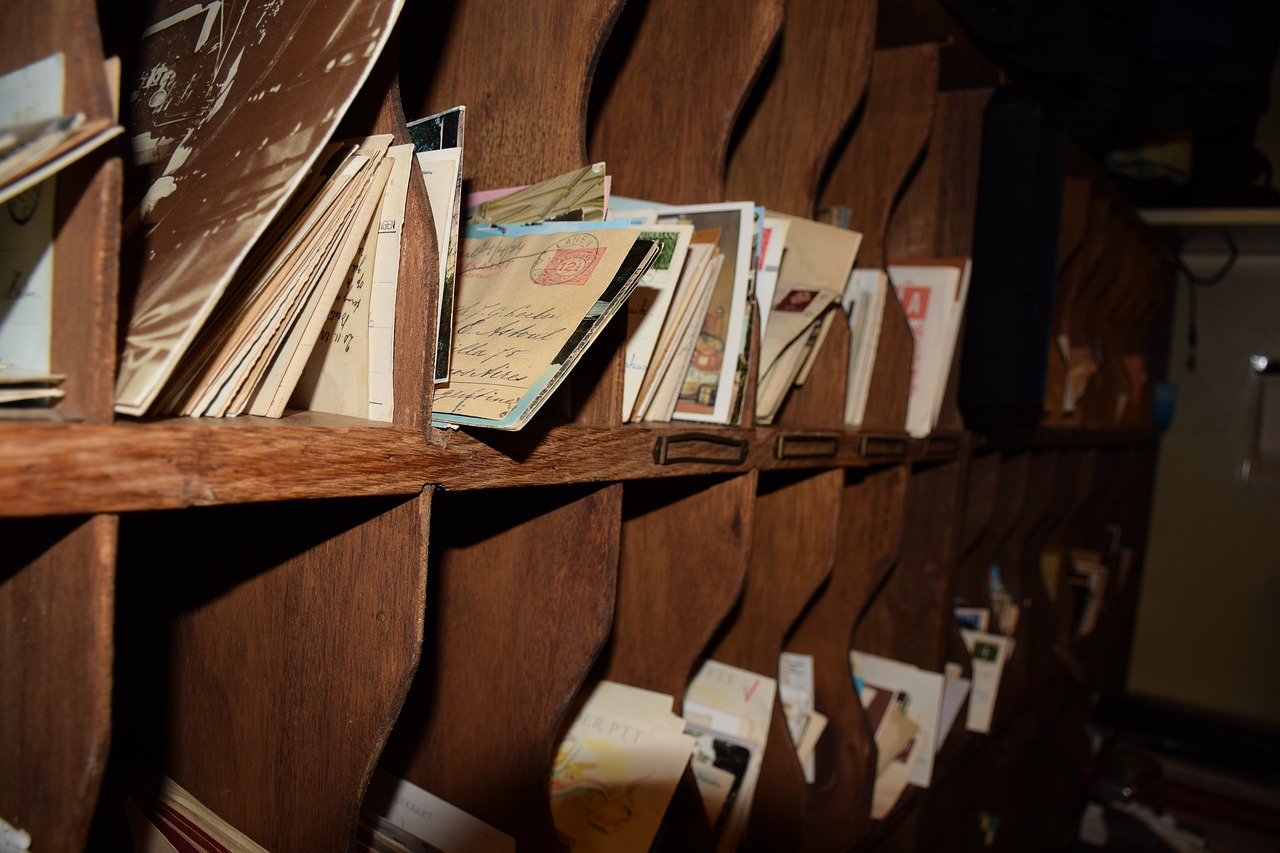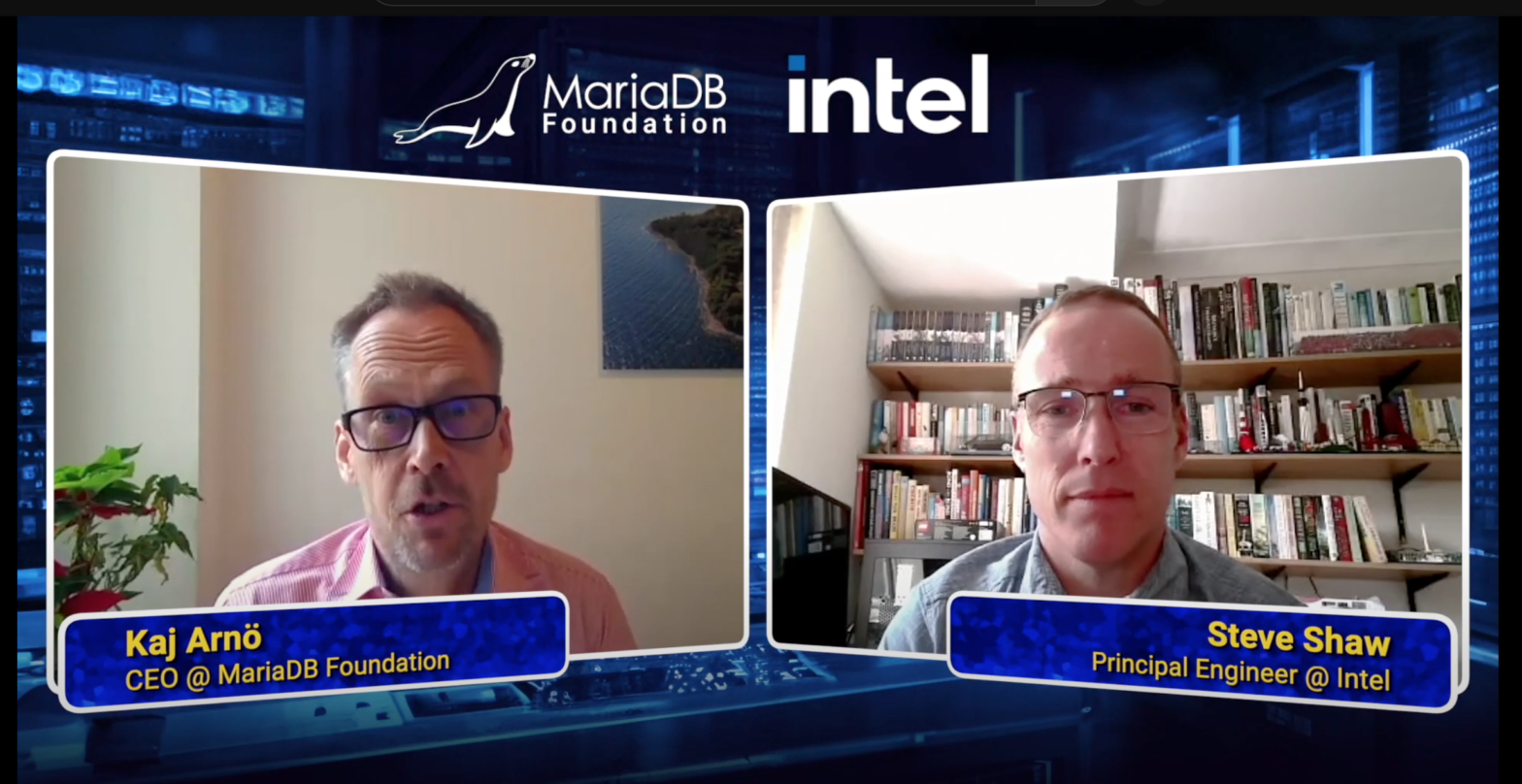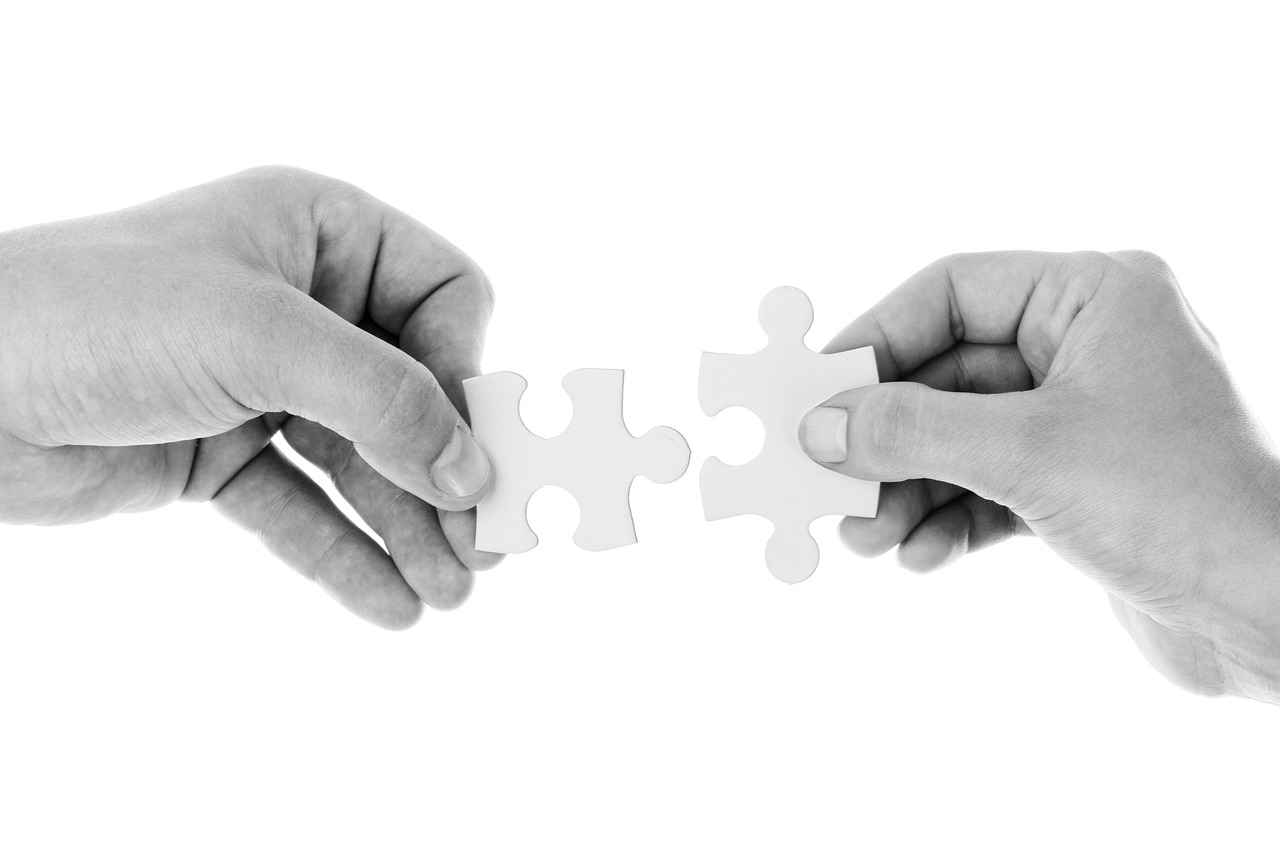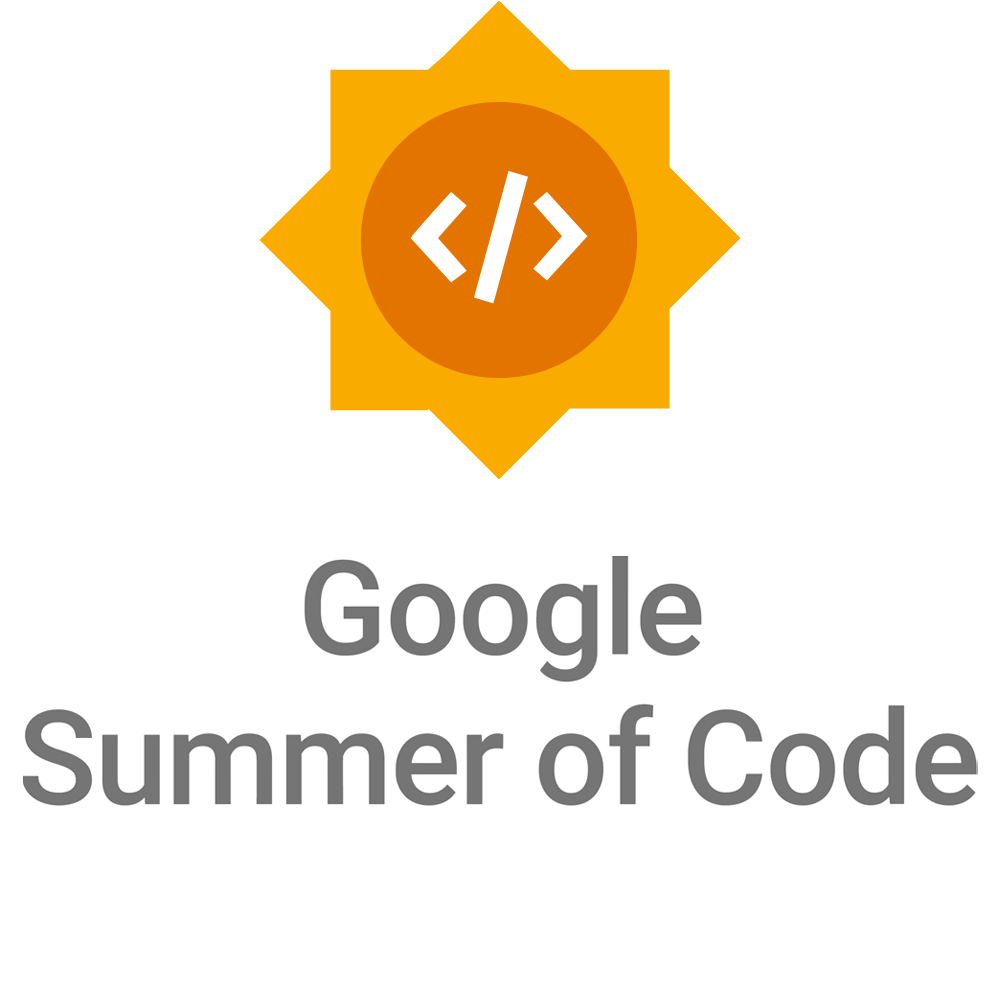Category Archives: Foundation
HELSINKI — 4 October 2023 – The MariaDB Foundation, the global contact point for collaboration on the MariaDB Server, announced today that Amazon Web Services (AWS) has joined the Foundation as its first Diamond sponsor in order to continue the mission of openness, adoption and continuity for the MariaDB open source project.
According to the DB-Engines ranking list, the MariaDB Server is the third most popular open source relational database and ninth most popular relational database overall. This sponsorship will allow the Foundation to continue investing in its compatibility with other popular database solutions as well as to explore the role MariaDB Server can play in the growing world of generative AI.
…
Continue reading “MariaDB Foundation Announces AWS as a Diamond Sponsor”
We are happy to release the schedule (https://mariadb.org/fest2023-schedule/) of our upcoming meeting week Tue-Thu 3-5 October 2023.
The week comes with meetings in four flavours:
- The MariaDB Server Fest presentations, directed at users of MariaDB Server. This is on Thursday 5 October 2023.
- The MariaDB Unconference presentations, directed at core developers of MariaDB Server. This is on Wednesday 4 October 2023.
- The MariaDB Unconference work sessions, interactions getting work done between MariaDB Foundation staff and core members of the ecosystem (including but not limited to MariaDB plc employees).
…
Continue reading “MariaDB Un(Conference) and ServerFest Schedule 3-5 Oct 2023”
When setting long-term goals, striking the right balance is difficult: Not too generic (fluffy), not too specific (micromanagement). Not too few (lack of challenges), not too many (overwhelming). Consistently focusing on core values, while adapting to changes in the environment.
MariaDB Foundation’s internal goal setting process for 2023 seems to be working out well – and some lessons learned may be of interest even to our community.
The most important lesson learned is about our half-year review.
Adverse conditions when planning 2023
We set our 2023 yearly goals in December, with an emphasis on the first half of the year.
…
Continue reading “On yearly goals, plc woes and habits at MariaDB Foundation”
We are currently redesigning the mariadb.org website and you are invited to participate in this process. The interactive study shouldn’t take longer than 10 to 15 minutes to complete and will close at midnight on Thursday 20 July 2023 (UTC-8).
Access the study here: (no registration or login is required)
The activity involves a method called Card Sorting, which will influence how we design the information architecture of the website: its structure, navigation and the findability of content and functionality. Your inclusion in this effort is important and will help to inform and assist us in designing an intuitive, usable and effective future website.
…
We use a couple of mailing lists for discussing various topics with our community. For historical reason, some lists were hosted at http://lists.askmonty.org and other at https://lists.launchpad.net.
Regrouping our mailing list under the MariaDB Foundation domain was a long overdue topic and I finally decided to tackle it. This simplifies mailing list management and brings full control over how we send our emails (see bellow: SPF, DKIM and DMARC).
In this post I will present the new mailing list system that we have deployed and how we proceeded to moving to that new system.
…
Why does Intel sponsor the MariaDB Foundation? I had the opportunity to interview Steve Shaw, Principal Engineer at Intel and a Board Member at MariaDB Foundation.
I strongly urge you to look at the 09:34 long video on YouTube – Steve is well articulated and a pleasure to listen to. Still, here is a glimpse of what he goes into:
- MariaDB Server is incredibly popular software. Just the Docker image alone has had more than a billion downloads. The majority of MariaDB installations run on Intel servers and developers coding on Intel laptops and desktops.
…
Continue reading “The value of sponsoring MariaDB Foundation”
In this blog we will show how to access MySQL and MariaDB DBMS tables from MariaDB Server. For that we will use Connect Storage Engine (SE), which supports different table types options. In this case we will use the JDBC table type. To use the JDBC table type we need to specify it in the CREATE TABLE definition for Connect SE and we need the Java connector for the DBMS we are accessing. For demonstration purposes we will use containers, but this will work if the servers are running in VMs or bare-metal. Just make sure the machines can access each other via TCP/IP.
…
Continue reading “Connect SE JDBC table type: Accessing Tables From Another DBMS”
We are excited to announce that this year MariaDB has once again been accepted as a Google Summer of Code organization. With this blog post I want to showcase the projects we’re taking on and wish good luck to our mentees for the summer!
At MariaDB we strongly believe in growing Open Source and we encourage new developers to contribute. Google Summer of Code allows us to have dedicated contributors focus on a project for a few months, knowing the costs are covered. We at MariaDB can then just focus on the core aspects – writing code and growing our community.
…
Continue reading “MariaDB is part of Google Summer of Code 2023”
